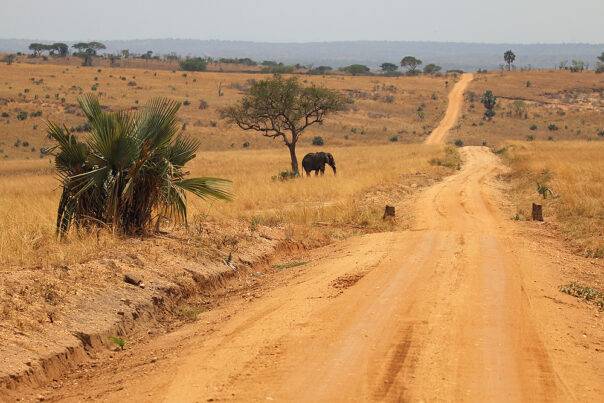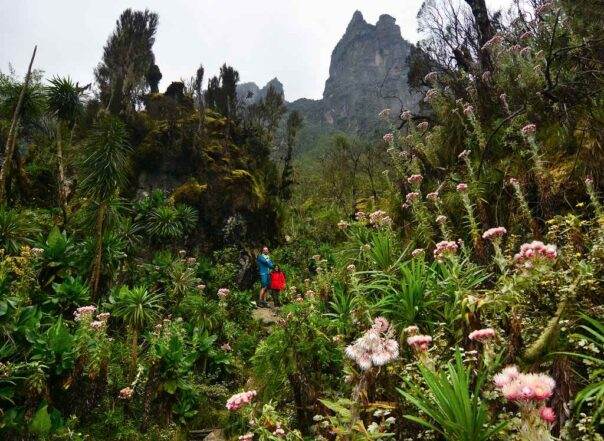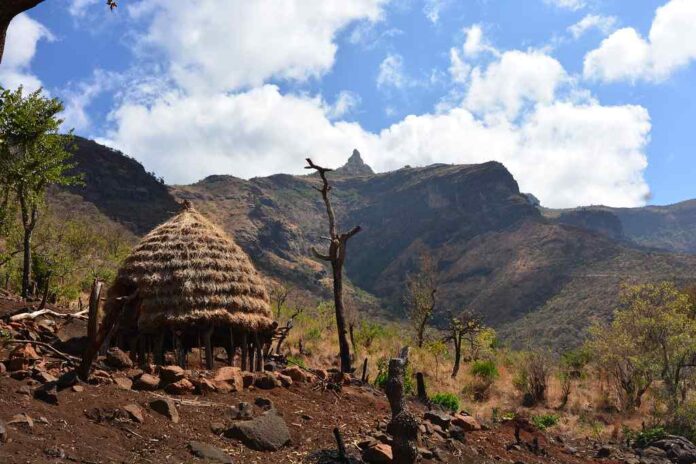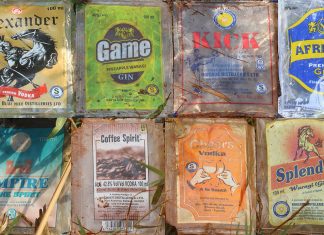Here we go with some tips for a successful planning a safari to Uganda. Our country offers a large variety of tours available for booking including some of the best tours of Africa such as mountain gorillas and chimpanzees trekking, golden monkey tracking, wildlife viewing by 4×4 game drives and boat cruise safaris, mountain climbing, butterfly watching, birding and lion’s experience. Other than that a rich wildlife and birding scenery plus our friendly people provide very exciting and memorable experiences in culture and heritage tour packages.
Choosing a tour
This can be done through a tour operator or guide, whom you will consult on the possibilities. Take time to ask from a number of them and compare the offer quoted to get a suitable tour package. You must not rush to book without understanding the company or person you’re dealing with. Tourism in Uganda is private sector led and government supported. A couple of years ago, incidents involving clients being defrauded have compelled the Uganda Tourism Board calling for harmony through formal registration. There are several organizations that bring together tour operators. You should be able to find in the listing of any of these: the Uganda Association of Tour Operators (AUTO), the Uganda Community Tourism Association (UCOTA) and the Uganda Travel Agents Association (TUGATA). If you’re dealing with a private guide, probably they should have handled trips before. Ask them for evidence and independent reviews of travelers they have handled.
Location of the accommodation
A question that you must ask the selected tour operator is the location of the lodge or place of stay. This will help you to determine the distance and drive time which is important when it comes to wildlife activities. For instance, gorilla trekking and game drives begin early in the morning, meaning that you will wake up early. Then drive to the national park on time.
Carry both cash and cards
Carry cash and cards for convenience when it comes to transactions you’re going to make whilst in the destination. After arrival, you might have to withdraw cash from ATM, bank or pay for services by swipe card. Do so from genuine places, which your guide trusts and recommends. Having cash in local currency (Uganda shillings) helps to meet some of the extra expenses such as giving tips, donations, getting souvenirs and food. If what you intend to do requires carrying large amount of money, its better to obtain a local simcard and register mobile money account. This means you will bring with a phone that can be compatible. Mobile money is available throughout the country and safer way to deposit up to 5millions Ugshs and withdraw the amount you need. If there’s no time to go through that, talk to your guide or friend to enable using their account since you gonna be together.
Consider a trip backup plan
In addition to the general insurance cover, you should consider a back plan in case of an emergency. Traveling by road in Uganda anything can happen, minor or big challenge. It could be a tyre puncture when you’re far from the town. If your tour guide knows how to fix things, he or she will notice a problem ahead of time. However, you don’t have to wait until it happens, so ask your tour operator if they have any emergency assistance. Those intending to have fly in safaris to Uganda should consider AMREF flying doctors. They are subject to availability but provide the best air evacuation services in East Africa.

Where to go
There are 4 safari regions of Uganda to consider when planning a safari to Uganda. While the best places to visit are recommended by the tour operator and guide, doing some research can help. Traveling can be done by both road travel or flying adventure to save time. Those intending to spend less than a week should stick to one region. Probably, western Uganda has the best parks including Bwindi impenetrable forest and Murchison falls.

Self Driving Safari
Self driving in Uganda is continually being discouraged. The challenge is that most tourists underestimate the condition of roads and traffic which leads to many incidents. For security and safety reasons, you’re encouraged to get a driver guide, which costs so little per day. Again you will sit back and enjoy the tour knowing that any problems have somebody to deal with them. Driving takes in long distances but there’s a lot to see and do. For example, equator crossing for photo-shoots along the main Kampala-Masaka highway from to western to Uganda. You will also travel through some of the most rural villages.
How many days to spend on a safari in Uganda
Completing the parks in western region alone can take anywhere from 7 to 9 days tour with a focus on primates and big game. Besides, there are short day tours ranging from 3 to 4 days such as Bwindi gorilla trekking or Murchison falls safari. A tour around the whole country by driving can take 15 to 18 days depending on places selected. For private charter flights, the maximum luggage weight is 15kgs per person. This includes checked luggage, personal items (carry on luggage shouldn’t exceed 5 kgs). Most domestic flight operators including Aerolink require that luggage be in soft packaging. Each operator has its own baggage policy, make sure to ask about it.
See Lake Victoria or the source of the Nile River
When you fly to Entebbe international airport, it’s obvious you will get a brief look at the largest fresh water lake in Africa. Lake Victoria has roughly a surface area of 69,484 sq.km (26,828 sq.Miles), 337 km long and 240 km wide. Uganda occupies almost 45% including 84 Sesse islands in Kalangala district, which is 45.5 km (3-hours by ferry and 1-hour by speed boat ride) south of Entebbe town. You have several options to see Lake Victoria either at the start or end of tour. Wild Frontiers offers a sunset cruise on Banga bay at Nakiwogo landing site. Banga is one of the largest Lake Victoria bays. To look at the source of the Nile river, visit Jinja which is 85km (2-hour drive) east of Kampala city.
Avoid tap water
While swimming is okay at the beach in Entebbe or in Lake Bunyonyi, you might swallow water that is contaminated. That puts you at risk of typhoid fever, cholera and diarrhea. This is true for tapped water for those who aren’t used to it, its not advised to drink without first boiling. All tour operators make sure that their clients always have access to bottled mineral water that is safe. If you’re buying on your own, be selective on brands and go to the high quality shopping places. You may bring a reusable water bottle and be a responsible traveler. Given that Uganda is discouraging plastic food and drink packaging into the national parks.
Bring appropriate electric adapters and devices
Uganda uses UK G-type plugs, the ones with three pins. You can bring a 2-pin plug as well given that it can be fixed into the three pin plug.
Make photo copies of your travel documents
When you must get on the road, make sure to make copies of travel documents including your passport and credit cards. Keep the originals away and then carry the copies while traveling to the national parks. In case you lose your luggage, hope it doesn’t happen, you will be be safe with those copies. On top of that, you should have emergency contacts including the safari consultant or director of the company you booked with.
See also our Travel Advice article



 Uganda Safari Travel Guide Advert
Uganda Safari Travel Guide Advert


